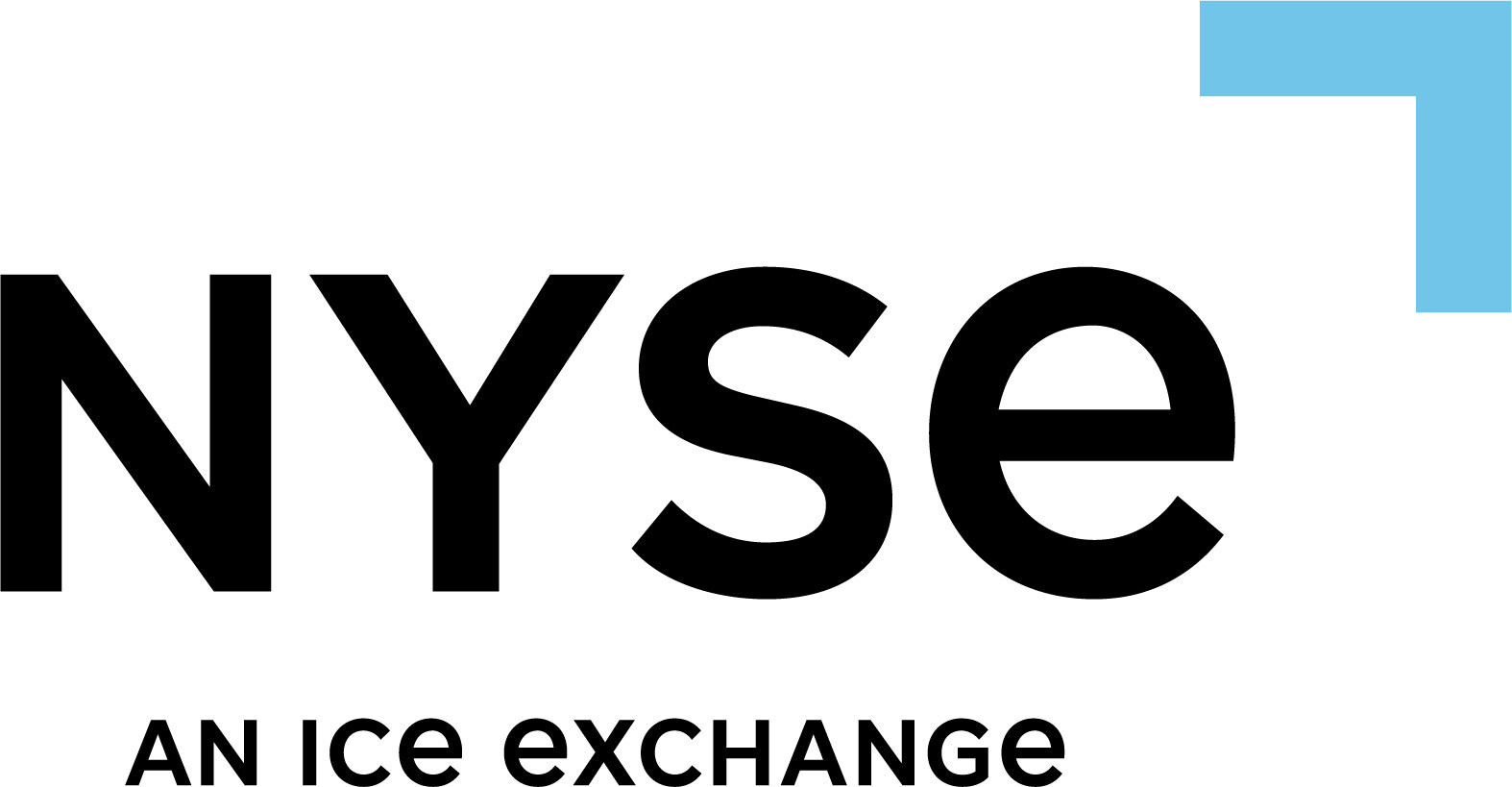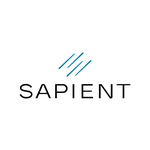vCluster Cloud along with new features including an External Database Connector provide platform engineering teams with more features, flexibility and choice to manage virtual cluster environments
Loft Labs Introduces vCluster Cloud, a Managed Solution to Simplify and Reduce Costs of Kubernetes
Sarah Lehman
Mindshare PR
650-464-4379
sarah@mindsharepr.com
(KubeCon + CloudNativeCon 2024, Booth A6) – Loft Labs, the leading provider of building blocks for platform creators, today announced the public beta of vCluster Cloud, a managed solution that simplifies and reduces the costs of Kubernetes clusters. vCluster Cloud expands deployment options for enterprises, empowering more organizations to leverage the benefits of vCluster Platform. With a managed cloud option, teams can get started even faster, while those preferring self-hosted deployments retain the flexibility to build their environments as needed. Additionally, the company introduced the External Database Connector in Platform v4.1, enabling virtual clusters to seamlessly use external databases like MySQL and Postgres (e.g., Amazon RDS) as their backing store. This fully automated feature eliminates manual setup and securely handles credentials for streamlined database provisioning. Loft will be demonstrating both this week at KubeCon in booth A6.
“After talking with our customers and community, we decided to build a cloud-based solution to make it as easy as possible for teams or individuals to get started exploring vCluster Platform and managing their Kubernetes clusters,” said Lukas Gentele, co-founder and CEO, Loft Labs. “Our customers achieve up to a 70 percent savings on cloud costs by virtualizing their clusters, and making this now easier than ever to achieve makes this available to a larger set of enterprises. We are working quickly to move vCluster Cloud to GA, and have a number of ideas about how we can take this even further in the future.”
Loft provides an industry-first alternative to both Kubernetes namespaces and separate clusters, allowing platform teams to quickly spin up and break down virtual clusters as needed, utilizing a shared underlying infrastructure with superior isolation and resource optimization across workloads. Each virtual cluster is an isolated Kubernetes environment within a host cluster, and has its own dedicated API server and control plane to maximize flexibility and security.
“Kubernetes clusters often bring substantial costs and complexity. Virtualizing these clusters can help enterprises streamline management and reduce expenses,” said Paul Nashawaty, Principal Analyst, Application Development and Modernization at theCube Research. “By adopting a hosted version of the vCluster Platform, organizations can quickly access secure and robust cluster management capabilities. This approach aligns well with industry trends: a recent survey indicated that 78% of enterprises seek to simplify Kubernetes management, with nearly 60% reporting that cost reduction is a top driver for adopting managed Kubernetes solutions. Hosted options like vCluster Platform enable a smoother, more secure entry point into scalable Kubernetes management.”
Management for Virtual Kubernetes Clusters
Enterprises need to be able to streamline operations, optimize costs and enhance security across their fleet of virtual Kubernetes Clusters. vCluster Cloud can help achieve this in the fastest, most direct way possible. The vCluster Platform offers users a number of benefits, including:
- Easy Cluster Management and Secure Access Control - allowing for the seamless creation of virtual clusters, configuration tenant access, and secure distribution of kubeconfig files while integrating with the SSO provider of choice.
- Centralized Fleet Management - enabling the management and observability of all clusters centrally, with a multi-cluster, multi-cloud, and hybrid-cloud management place.
- Streamlined Self-Service Provisioning - offering users the option to provision virtual clusters via the vCluster CLI or UI, via integrations with Rancher, Terraform, and GitHub Actions or via CRDs and custom code.
- Advanced Cost Optimization Features - reducing cloud costs and/or freeing up idle compute in the data center with sleep mode and auto-delete features triggered by inactivity or timezone-aware cron scheduling.
- Resilient Guardrails for Governance - establishing resource quotas and standardized environment templates to ensure fair use and streamlined configurations, including automated updates and automatic ingress auth to allow authenticated traffic only.
- Seamless Integration into Existing IT Ecosystems - providing the opportunity to adopt virtual clusters with ready-to-use integrations and deployment guides for most CI/CD platforms, secrets management tools, observability stacks, service meshes, and more.
- Robust Enterprise Deployment Options - offering customers the ability to deploy in their own cloud account or private data center (with VPC and air-gapped support) and enable high-availability mode or multi-region mode to meet the most advanced enterprise requirements.
To learn more about Loft Labs, visit the website or connect with Loft on X and Slack.
About Loft Labs
Loft Labs is the leading provider of building blocks for platform creators. Loft Labs delivers Kubernetes-native tools, functionality and frameworks purpose-built for platform engineers to manage, activate and optimize their platform stack. Loft Labs empowers platform teams at 100+ enterprises globally to harmonize engineering velocity and operational stability, and to build and run digital platforms at scale. To learn more about Loft Labs, visit www.loft.sh.
View source version on businesswire.com: https://www.businesswire.com/news/home/20241112064093/en/
 Business wire
Business wire 









Add Comment